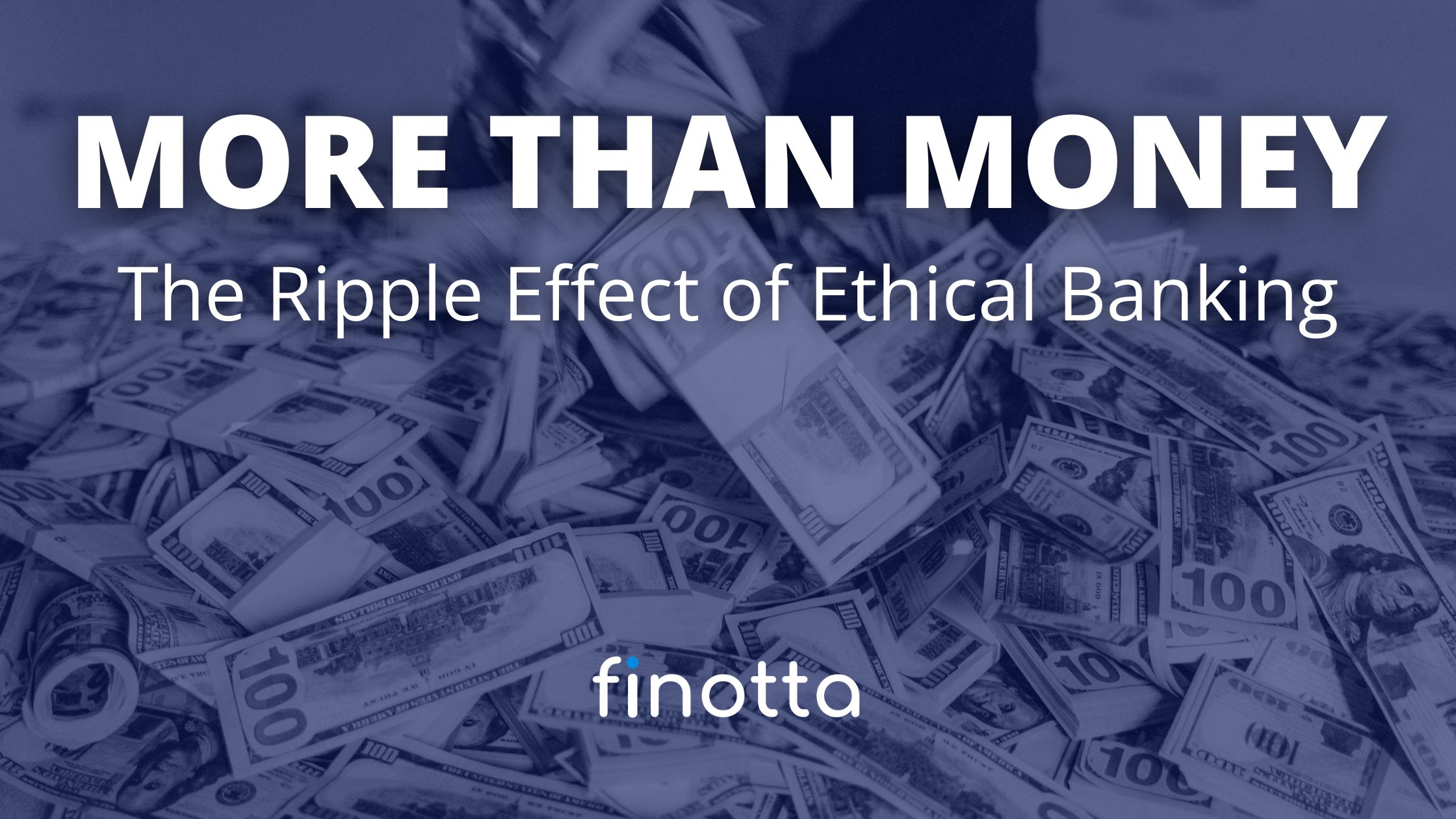Finotta
Apr 16
5 min read

